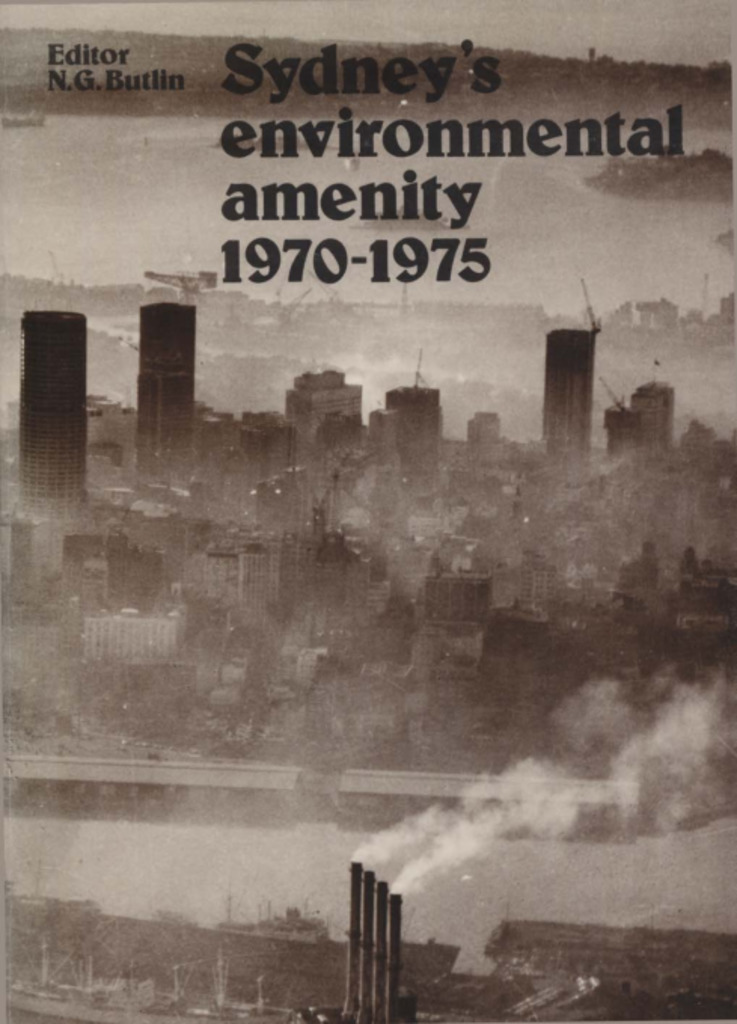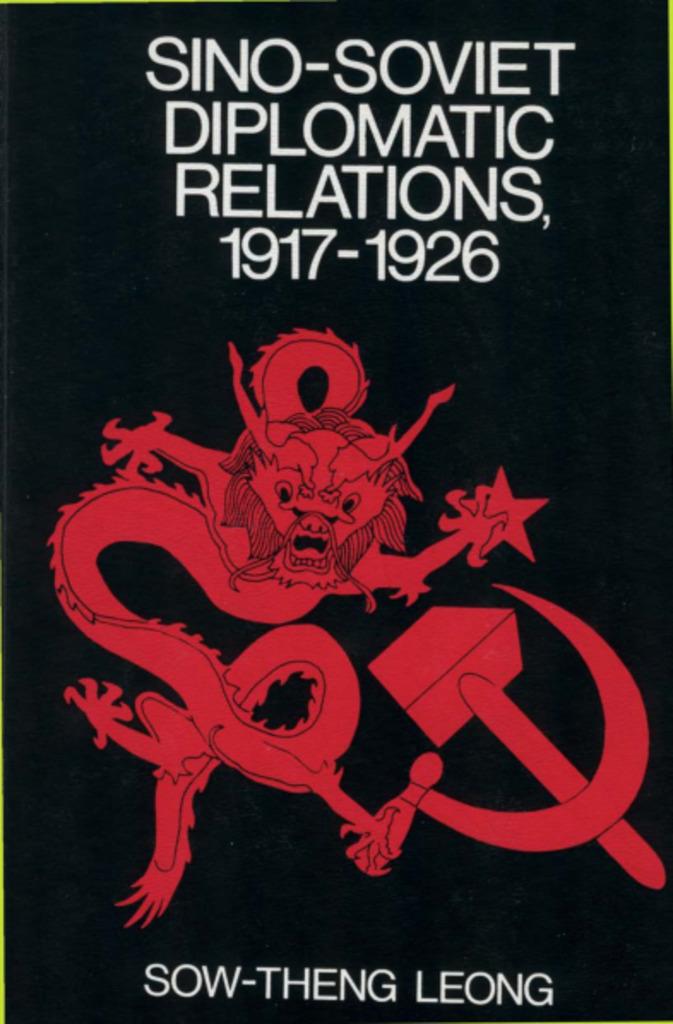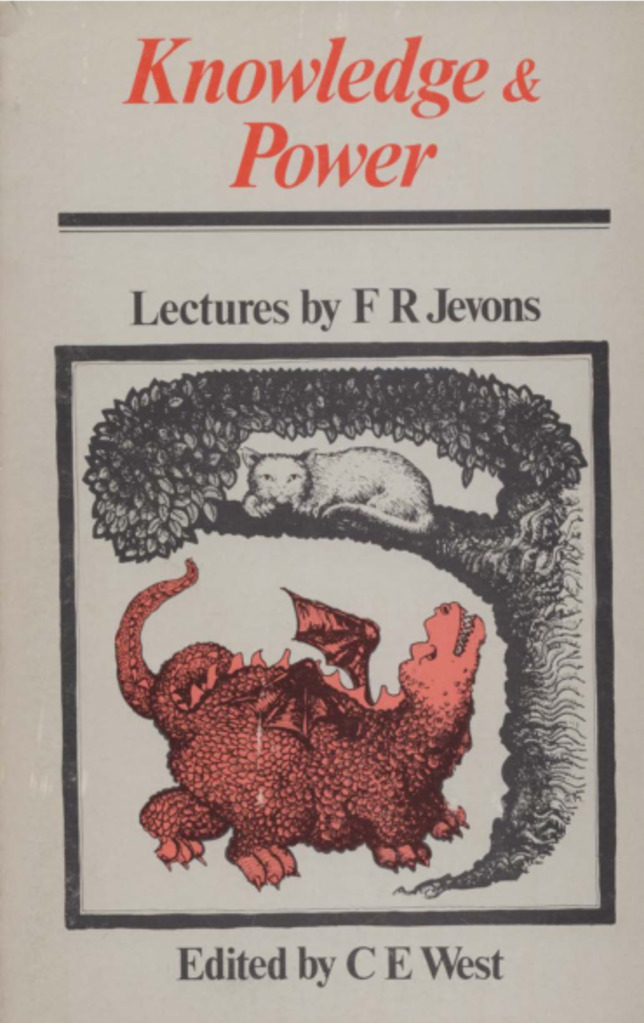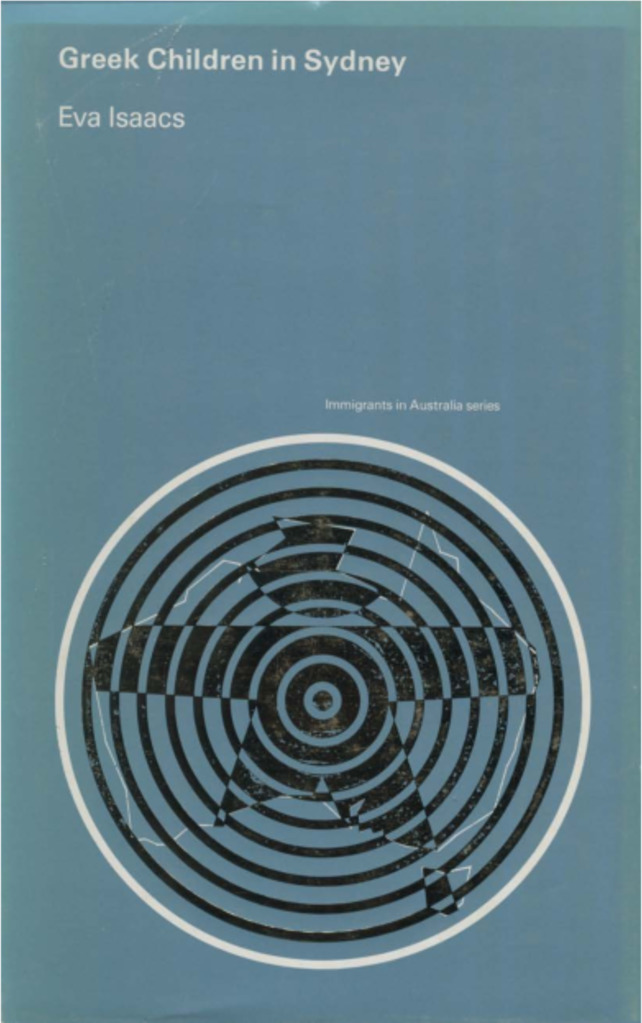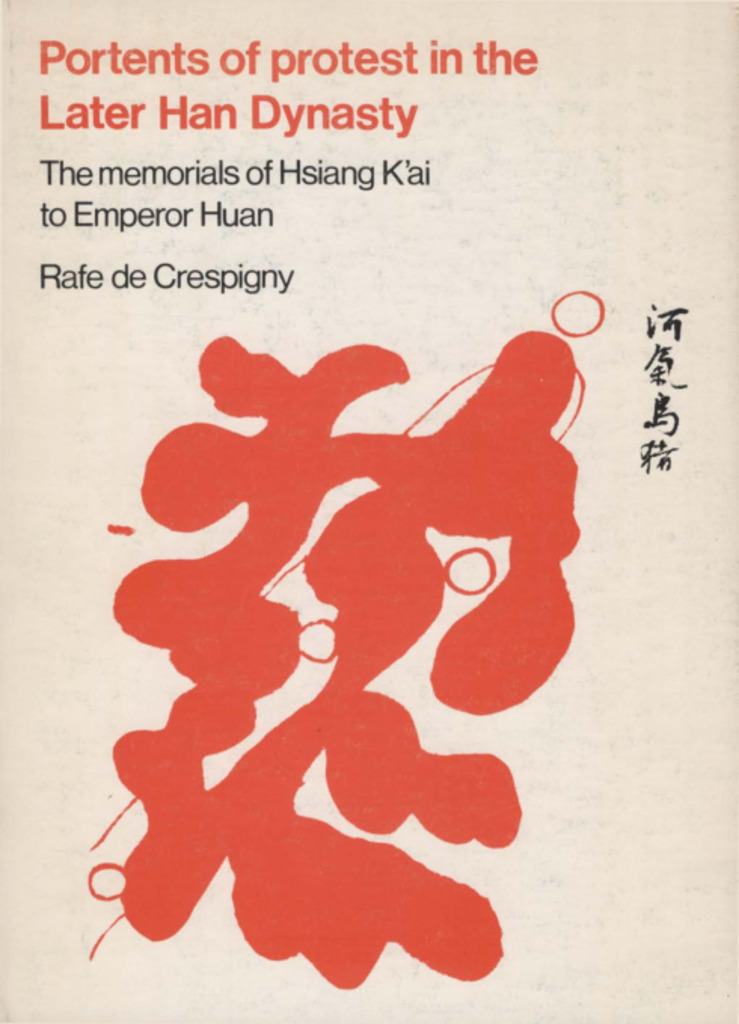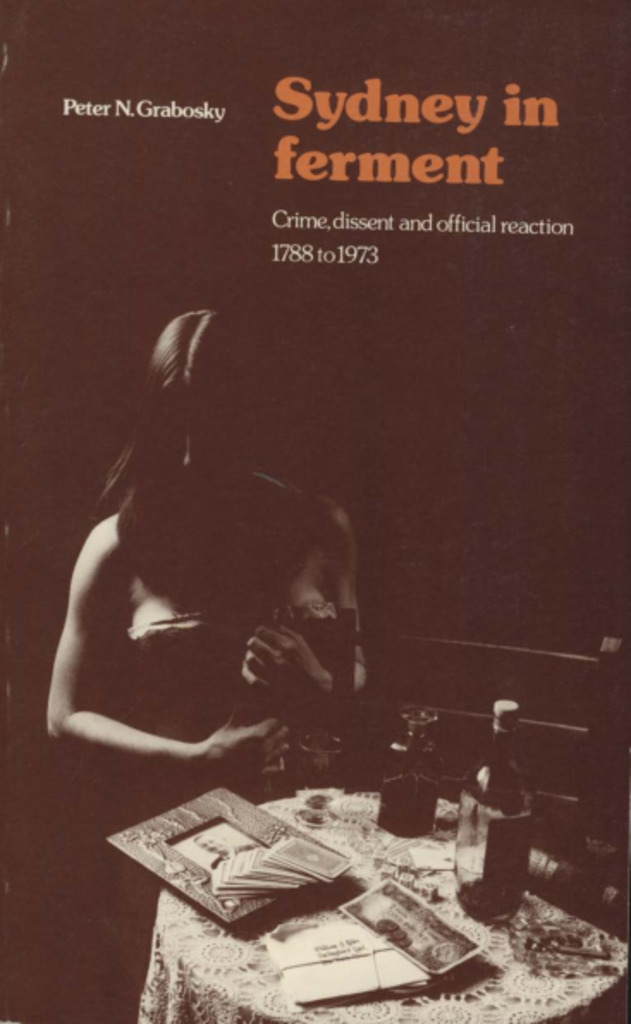
Sydney in ferment: crime, dissent and official reaction, 1788 to 1973. »
Publication date: 1977
Crime fascinates many members of the public. They are eager to know what forms it takes, whether kinds of crime change, what measures are taken to combat it. Sydney in Ferment draws widely on primary sources, many previously unpublished. It focuses on trends in criminal behaviour, political dissidencc, collective violence and crime control polices in New South Wales from Phillip{u2019}s landing in 1788 to the early 1970s. It investigates variations in rates and types of crime and threats to public order and discusses changes in criminal law, the creation and development of police forces and trends in criminal procedure and penal form. Its conclusion on the relative weights to be given to the influence of short-term changes in policy on criminal justice and to fundamental social and economic factors will provoke spirited discussion. This book is a lively account both of crime itself and also of the changes in the moral attitudes of the officials and the public at large.


